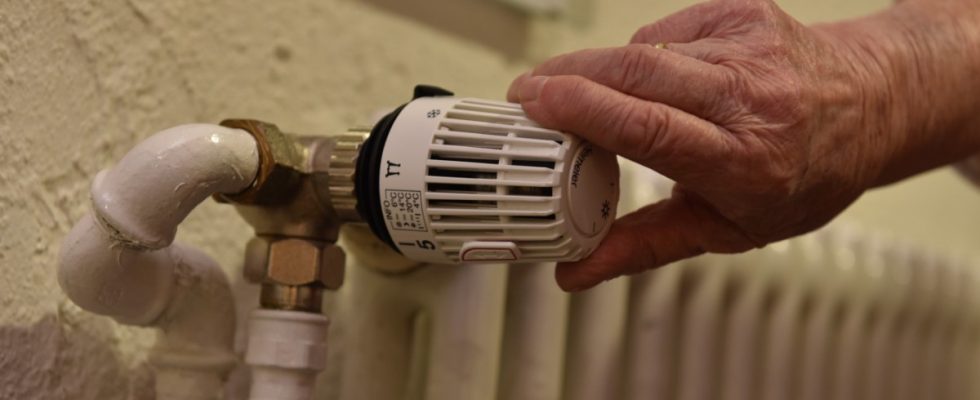A lot is likely to change for customers of Stadtwerke München (SWM) in the new year. However, not all innovations have an immediate impact on the prices for electricity, gas and district heating. What is certain is that the state electricity and gas price brakes will no longer apply on January 1st – but these will no longer play a role anyway due to lower market prices. The SWM last reduced the prices for natural gas and electricity in the fourth quarter, and since then they have been below the level of the price brakes.
A two-person household that uses 2,500 kilowatt hours of electricity per year has been paying 88.97 euros per month for basic services since November instead of 118.82 euros previously. For gas supply, with a consumption of 1,500 kilowatt hours per year, 151.98 euros have been due per month since October instead of the previous 274.23 euros. If you want to pay less, you can think about switching providers. This will save hundreds of euros on electricity and gas in the coming year, as a look at price comparison portals such as Verivox shows.
The electricity price from municipal utilities is also likely to rise again soon: The federal government has surprisingly canceled the planned subsidy of 5.5 billion euros for 2024 for the supra-regional transport network, in which electricity is distributed nationwide. The network fees must therefore be recalculated for the coming year. According to the Association of Municipal Companies, network fees are likely to average 6.43 cents per kilowatt hour in the future. This year, thanks to the subsidy from the Economic Stabilization Fund, only 3.12 cents per kilowatt hour had to be paid.
This is annoying for the municipal utilities and their customers. SWM now has to recalculate its electricity prices. How high the price increase will be is currently unknown. “However, one thing is already clear: the price of electricity will rise for electricity customers as a result of this development,” says a spokeswoman for SWM.
Heat is also likely to become more expensive. At the beginning of the year, the CO₂ tax for gas will be increased – SWM cannot currently say how this will be reflected in customers’ bills. In addition, the VAT reduction for gas and district heating will no longer apply on March 1st. Both will then be taxed at 19 percent instead of seven. SWM will pass these increases on to consumers.
Bad surprise for district heating customers
In any case, the district heating price is likely to be an unpleasant surprise. If the corresponding price brake expires at the end of the year, district heating will become significantly more expensive for SWM customers. The company had reduced the price several times in the past year; Falling energy prices on the wholesale markets made this possible.
At 135 euros per megawatt hour, the labor price is well above the state district heating price cap, which caps the labor price at 95 euros per megawatt hour, but only for 80 percent of the previous year’s consumption and for customers with an annual consumption of up to 1,500 megawatt hours. From January 1st, SWM’s district heating will cost 139.54 per megawatt hour. This means an increase in costs of more than 45 percent compared to the capped price.
The high prices of Munich’s district heating have already given rise to criticism in the past. In the wake of the energy price crisis, SWM more than doubled the heat price between the second quarter of 2021 and the second quarter of 2022. The heat price results from the basic and work price; The latter had even risen by 162 percent to 129.17 euros during this period, which triggered a discussion in city politics about the affordability and basis for calculating district heating. The price of work depends on the development of light heating oil prices as well as the hard coal and gas index; it is adjusted every three months.
Munich residents will also have to pay more for drinking water from January after the price had remained constant for three years. For an average household, the costs increase moderately by 7.36 euros per year or around 61 cents per month. The reason for this is higher expenses for wages, water protection and maintenance.

